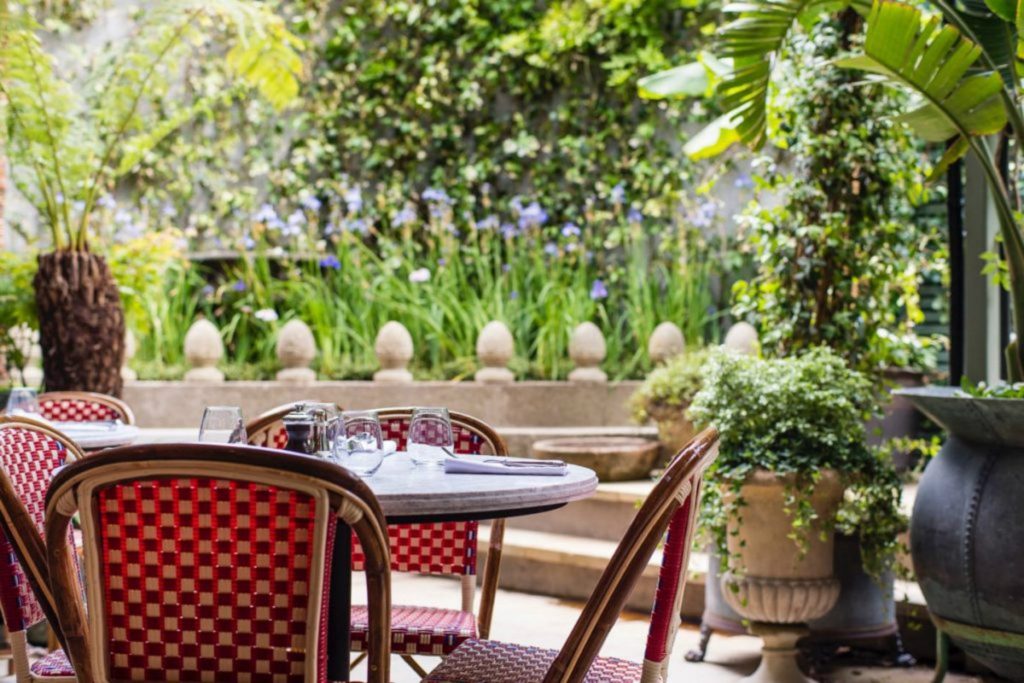The London property crisis has long been an incendiary subject. From nightclubs being closed to make way for luxury flats, to middle-class families being forced out of their homes due to rising rents and house prices, our property market is in a state of crisis. And now London’s uber wealthy are feeling the impact of an inflated market, according to a study conducted by Dr Luna Glucksberg, of the International Inequalities Institute at LSE.
Dr Glucksberg investigated the impact of foreign investment in the city and its effect on the wealthiest Londoners: “As a global city with a central position in global financial networks, London is utterly distinct from national and regional housing markets in terms of prices and ability to attract buyers and investors” the researcher said.
With temperamental oil prices affecting the Middle East and currency devaluations in many countries with wealthy elites such Russia and it’s neighbours, the rich are looking for security in their investments. Prime property in London offers a safe place to store their capital. According to renowned estate agent Strutt and Parker, international buyers accounted for 60% of prime property purchases in 2014, subsequently displacing the wealthy and influential individuals living in London’s most exclusive addresses.
Dr Gluckberg’s research, conducted between 2013- 2015, found that wealthy individuals and families feel priced out of their neighbourhoods, as well as noticing a loss of community due to the abundance of empty investment properties. According to Dr Gluckberg, the elite “are no longer able to compete at the top end of the capital’s property market” and are noticing “changes to these neighbourhoods that are completely redefining their character. Residents feel they are stripping away the established local community.” They argue that overseas buyers don’t send their children to the same schools, they don’t care about the local community or invest time in the area.
According to The Guardian there are approximately 4,900 “ultra-high net worth” individuals in London, with assets of at least £23m. In central London, overseas buyers bought as much as 85% of “prime’” properties worth at least £5m in 2012-13. Almost all of these properties were worth more than £10m, according to estate agents LPP. Belgrave Square is used as a particular example of this rapid influx of wealthy foreigners. According to The Spectator only three of the current 30 owners are British.
This displacement has resulted in original residents of these areas; the lawyers, business people and ‘old money’ of London, relocating or buying their children’s first properties in less central areas. Dr Glucksberg said “for the first time, this elite group are buying flats for their children in areas they never would have previously considered. Families form Chelsea are buying flats south of the river because they feel they cannot afford to buy anything nearby.”
This in turn drives up house prices in these surrounding areas and “creates a chain of displacement”, threatening to push those on low incomes further out of the city. Dr Glucksberg said “the ‘displaced’ from these elite areas of London are actually moving away with a significant profit from selling – normally in the millions. But it’s crucial we understand this displacement because it has significant implications on property prices in surrounding areas”.
Dr Luna Glucksberg presented ‘Is this displacement? Pushing the boundaries of super-gentrification in London’s Alpha Territory’ on 31 August 2016 at the Royal Geographical Society (with IBG) Annual International Conference in London.






